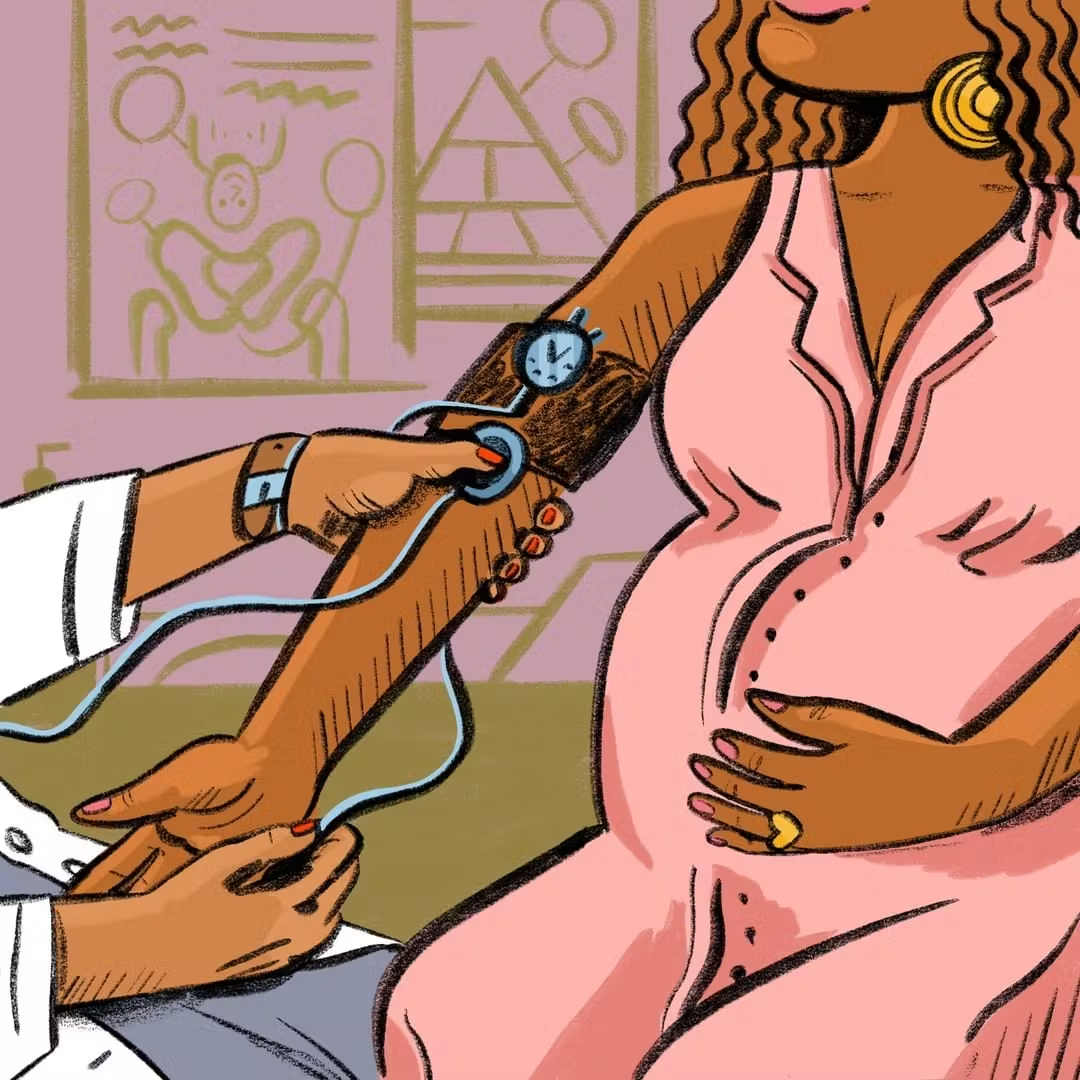WHAT TO DO IF YOU’VE BEEN DIAGNOSED WITH GESTATIONAL DIABETES

If you’ve just been diagnosed with gestational diabetes, you’re not alone. In 2020, the condition affected roughly 7 percent to 7.9 percent of Florida moms and approximately 8 percent of moms nationwide. Many of these women are able to manage their diabetes effectively with the help of their doctors or midwives.
Even so, getting a diagnosis can be scary — especially if you’re a first-time mom. But you do have some control over what happens next. Here are five things you can do right now.
READ UP ON GESTATIONAL DIABETES
Arming yourself with information might help you feel more prepared to tackle what lies ahead. Read up on what gestational diabetes is, how it could affect you and your baby, and what you can do to manage it effectively.
Word of caution here: Not everything you read online about pregnancy is based on research, and that goes double for information on health conditions like diabetes. Your doctor is your first and best source of information.
But if you’re looking for more, check out reputable, science-based sites like the American College of Obstetricians and Gynecologists (ACOG), the Centers for Disease Control and Prevention, and the Florida Department of Health.
MAKE SOME DIETARY CHANGES
Your baby needs a variety of key vitamins and minerals to grow and develop, which is why it’s so crucial to eat healthily during pregnancy. But when you have gestational diabetes, you need to be even more mindful about what you eat, how much, and when.
- Eat regularly: Because your body is having a hard time regulating your blood sugar levels, you’ll need to be careful not to skip meals or eat too much at one time. Eating roughly three meals a day, with two or three light snacks will help keep your blood sugar from getting too low during the day.
- Limit foods and drinks high in sugars or carbohydrates: Some foods are more likely than others to make your blood sugar levels spike. Cake, candy, soda — things high in sugar — are the obvious ones to avoid, but foods with a lot of carbohydrates like white bread and pasta can also break down into sugar in your body.
- Maintain a healthy weight gain: Gaining weight during pregnancy is natural, but putting on too much, too quickly can make it harder for your body to keep blood sugar levels in check. Talk to your doctor about how much weight gain would be healthy for you during your pregnancy and at what pace.
COMMIT TO GOING TO ALL YOUR PRENATAL VISITS
Gestational diabetes can be managed effectively, and your doctor is your partner in helping you do that. They’ll likely want to see you more frequently for prenatal visits. And while it can start to feel like a lot, these appointments are essential to make sure you and your baby are doing OK and to catch any problems early.
GET MORE EXERCISE
Staying active is a significant part of any healthy pregnancy, but it’s especially important for women with gestational diabetes. When you move, it’s easier for your body to keep blood sugar levels in a healthy range, and regular activity can help keep you from gaining too much weight too fast.
Talk to your doctor about what kind of physical activity is safe for you to do during pregnancy, and how much you should try to get each week. The general recommendation for many pregnant women is to exercise for at least 30 minutes, five days a week. On top of that, ACOG recommends women with gestational diabetes walk for 10-15 minutes after a meal to help their bodies get better control over their blood sugar levels.
ASK QUESTIONS
Many women with gestational diabetes are able to have a healthy, full-term baby. But your doctor might recommend additional tests throughout your pregnancy, including checking your blood sugar levels at home. Talk to your doctor if anything is unclear or something doesn’t feel right.